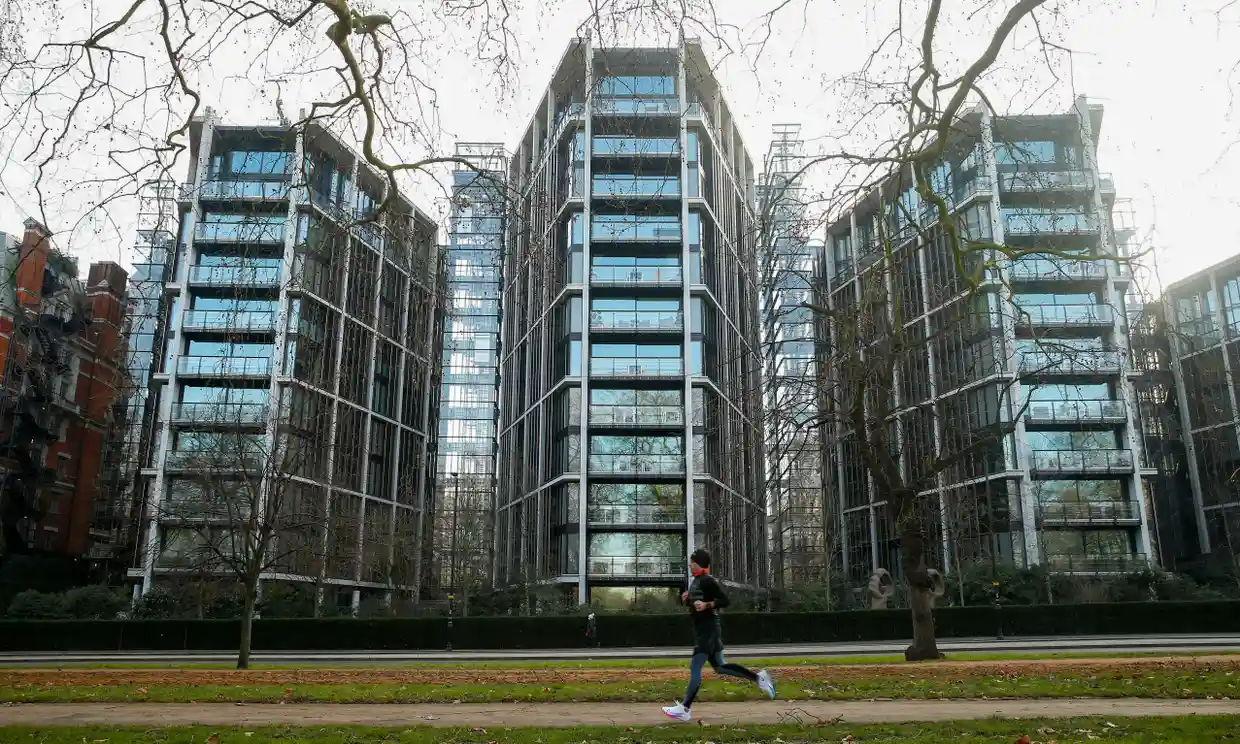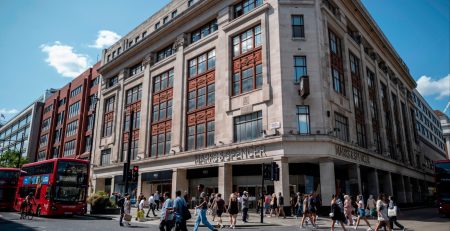What was The Buzz in May?
Our monthly roundup of real estate industry news.
Here are a few of the stories that caught our attention in May. From a super-prime boom to increasing office attendance, a lot has been happening.
London’s ‘super-prime’ property market back to pre-Brexit levels
More than 160 properties worth £10m or more were sold in London in the last financial year – the most since 2016 when Brexit spooked the global super-rich from investing in the UK’s “super-prime” market. The combined sum spent on the £10m-plus properties came in at £3.1bn, which works out to an average of just more than £19m a sale, and was up from the £2.5bn in the previous year. Paddy Dring, the global head of prime sales at Knight Frank, said: “After everything that has happened in recent years, London is still highly regarded by global buyers.” However, he added that he expected super-prime sales to drop by at least 10% over the next 12 months as the global super-rich and their advisers worried about the prospects of Labour winning the next general election – expected to be held next year – and fulfilling the party’s pledge to scrap a tax loophole for non-doms. Read more.
65% of companies now requiring some office attendance
Of the 207 corporate real estate executives who participated in CBRE’s Spring 2023 Office Occupiers Sentiment Survey, 65% said their companies now require employees to return to the office at least some of the time. That is a sharp increase from last year when 31% of respondents to CBRE’s survey said their companies required in-office work. Financial services are leading the way with 71% of companies implementing a return-to-office requirement. Tech companies are lagging behind with 56% of companies requiring employees’ return to the office. Office sentiment remains divided: 45% of respondents want mostly in-person work, up from 37% in 2022, while 22% want a mostly remote work schedule, up from 15% last year. “We believe we have not reached a new normal, and we think that organisations are taking more actions to train new norms and behaviours,” said Julie Whelan, head of global occupier thought leadership for CBRE. Although office utilization is still relatively low, Whelan said she expects it to keep rising. Read more.
WeWork’s investment arm is selling assets and defaulting on loans
When it was officially launched in May 2019, WeWork’s investment arm, WeWork Capital Advisors, was supposed to be a $2.9B office investment giant, with $1B of equity from one of the world’s biggest pension funds. Instead, the division is selling a significant portion of its assets and defaulting on loans. At one of the biggest buildings it owns, its largest tenant has stopped paying rent and wants a lease restructure. That tenant is WeWork itself. Read more.
Flexible working reforms move closer to becoming law
Peers have supported moves to give employees the right to request flexible working from their first day in a job. The Employment Relations (Flexible Working) Bill is a “very welcome starting point and not an end point” for reforming working conditions, according to Labour. The measures are supported by the Government and received an unopposed second reading in the House of Lords. Under the current rules, a person who has 26 weeks of continuous service with their employer can request a change to their working hours, times or location. They are also required to explain the effect of the change on their employer and can only make one request in a 12-month period. Read more.
Commercial real estate sector supported one in 12 jobs in the UK last year
Through supply chain connections, the commercial real estate sector supported one in every 12 jobs in 2022, according to the British Property Foundation (BPF) Analysis of the commercial real estate sector studied the sector’s economic footprint, jobs and labour market, output and turnover, tax revenue and capital investment across the commercial real estate sector. It found that the sector performed well in 2022 despite the continued ramifications of the Covid-19 pandemic, contributing the equivalent of over 7% of total UK gross value added (GVA). In 2022, the sector delivered £137.5bn in economic output, a 28% increase on the year and 18% higher than pre-pandemic. The commercial real estate sector also makes a significant contribution to the Exchequer through employment and transaction taxes and business rates – this amounted to £42.3bn in 2022. Despite the turbulent economic conditions observed throughout 2022, businesses continued to invest heavily- with total capital investment reaching £72.6bn and supporting 454,000 jobs. Read more.












